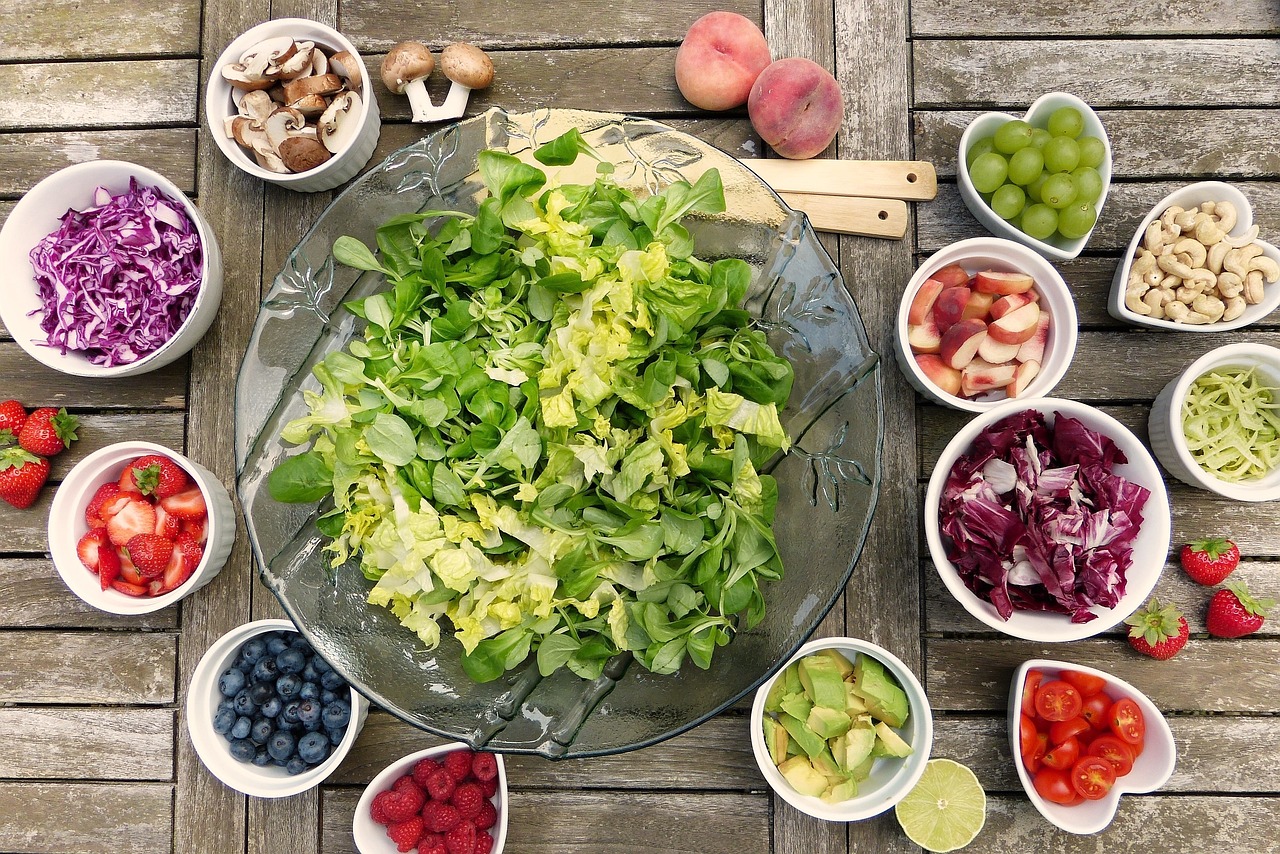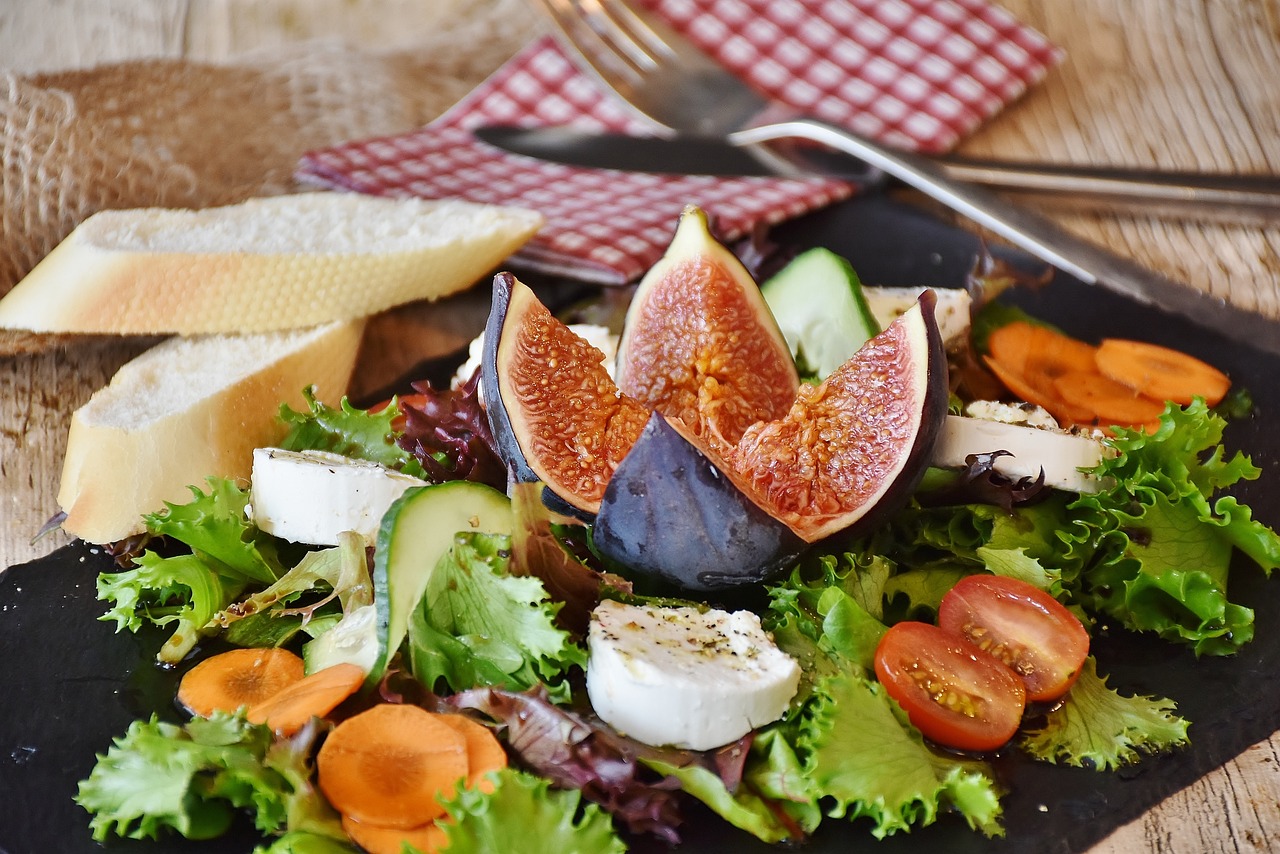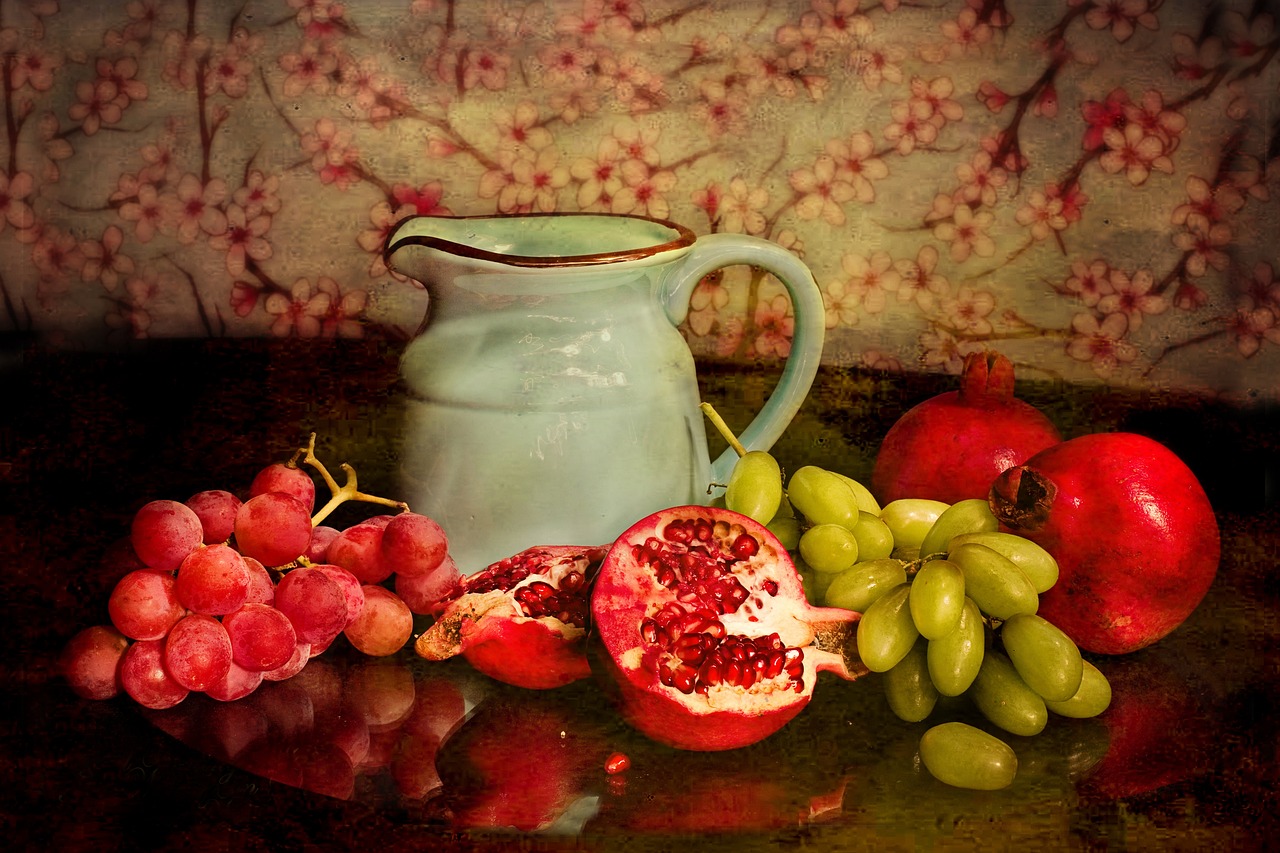Sleep, like eating and breathing, is a part of our lives. About one-third of a person’s life is spent in sleep. Chronic insomnia not only affects an individual’s normal life and work, but also increases the risk of various health problems.
What is worrying is not only insomnia, but also the ineffective or even aggravating methods adopted because of the concern about insomnia, such as eating the so-called “sleep-aid” food and drinking alcohol before going to bed, and so on. So, you go further and further down this road of insomnia. Diet is indeed a good way. But how you eat is important.
So, why can food help you sleep? To determine whether a “food” is a “sleep aid”, we can first look at its nutritional composition. Among the nutrients concerned, L-tryptophan is the most studied. L-Tryptophan is one of the most studied nutrients. When this amino acid enters the body, it is converted into two sleep-related chemicals (melatonin, which helps to regulate the sleep cycle, and pentazocine, which produces a relaxing effect), which can help us fall asleep faster. So, does eating more of these foods really help you sleep? Review 20 years of domestic and foreign literature on the “tryptophan treatment of insomnia” conclusion is not uniform, some people eat effective, some people eat ineffective, in the end, who ate effective, to eat how much effective, “experts” do not have a definite answer.
So, what are the common “sleep food”?
01 Walnuts
Walnuts contain melatonin, which has been found to help regulate the body’s “sleep-wakefulness” cycle rhythm, allowing us to enter dreamland more quickly. It can also make us wake up less often during sleep, shorten the time of our light sleep, extend the time of deep sleep, so as to ensure that the time of sleep on the basis of improving the quality of our sleep.
When we work during the day, the melatonin secreted in the brain will be reduced, and at night when the bedroom is darkened, the secretion will be increased, but as we grow older, the melatonin secretion will be less and less, and supplemented by food, it also has a role to play in aiding sleep.
But walnuts contain more fat, so you can’t eat too much before bedtime, too much will not only affect digestion, but lead to insomnia, and increase weight has led to the risk of other diseases.
02 Milk
Milk contains L-tryptophan, one of the essential amino acids, an amino acid that we are slow or unable to synthesize on our own. It is converted into the neurotransmitter 5-hydroxytryptophan in the body, which regulates mental rhythms and improves sleep. l-tryptophan is derived from tryptophan, which can indeed be used to produce the sleep-inducing hormone 5-hydroxytryptophan and melatonin. However, if it is used to improve sleep, it is needed in larger quantities. A 200g glass of milk contains 78mg of tryptophan, which is hardly enough to make the hormone levels in our body change. If you want to achieve the effect of “milk sleep”, you need to drink several buckets of milk to get enough tryptophan. Drinking so much milk before going to bed, it is estimated that you will keep going to the toilet, and milk in the protein content is high, not easy to digest, easy to lead to stomach bloating, but insomnia.
03 Cherries
Cherries contain not only natural melatonin, but also proanthocyanidins in tart cherry juice. This phenolic substance helps to increase the level of the essential amino acid tryptophan, which in turn improves the quality of sleep. The American media Rodale News reported that in a small study, subjects drank a glass of about 226 grams of cherry juice in the morning and one in the afternoon for two weeks and found that the quality of sleep improved. A study in the European Journal of Nutrition found that subjects who drank cherry juice in the morning and before bed slept 40 minutes longer than those who did not.
04 Cashew nuts
Cashews in the fat content is mainly unsaturated fatty acids, can reduce blood cholesterol, triacylglycerol and low-density lipoprotein content, increase the content of high-density lipoprotein, cardiovascular and cerebral vascular benefits, but also assist in regulating high blood pressure caused by insomnia.
It also contains magnesium, which is essential for normal life activities and metabolic processes of living organisms, and can also play a role in aiding sleep by regulating neuromuscular excitability. After insomnia tired to cry liver cells, can also through the magnesium to take care of again. When the human body is deficient, it will cause sleep disorders and restless leg syndrome, resulting in the symptoms of the night not easy to fall asleep, which is a mineral that many people do not have access to. A 1/4 cup of cashews provides 20% of the body’s daily magnesium requirement, which relaxes the brain and muscles and makes it easier to sleep. Other great sources of magnesium include Swiss beets, almonds, spinach and sesame seeds.
05 Eggs
Eggs are one of the few foods that contain natural vitamin D. Studies have shown that natural vitamin D, which targets the neurons in the brain that are responsible for sleep, helps with sleep. Men who are deficient in vitamin D have more sleep interruptions and get less sleep overall than those who consume enough of the vitamin. If you don’t like eggs, other vitamin D-containing foods such as beef or calf’s liver, shiitake mushrooms and yogurt.
06 Vegetable
The main sleep-aiding nutrients contained in vegetables are B vitamins, which include B1, B2, B3, B5, B6, B9 and B12, and are very powerful, helping us regulate our metabolism and the normal functioning of the nervous system, which also plays a role in sleep. The general recommendation is to eat 6 taels to 1 pound of vegetables in 1 day, and dark vegetables need to reach 2 taels to 3 taels. Of all the vegetables, lettuce and spinach are the best sleep aids. Our body’s need for B vitamins is very small, but it is this zero point a few can help us regulate the nervous system, to achieve the effect of soothing the nerves.
In addition, the roots and leaves of lettuce also contain a lettuce lettuce, which also helps sleep. Lettuce in the calcium content is also very high, 2 two lettuce contains 70 mg of calcium, drink a big bowl of bone broth than eat a lettuce more calcium! Spinach can replenish folic acid in the human body, so many pregnant women need to eat spinach during the preparation for pregnancy. Generally in 2 two spinach has 350 micrograms of folic acid, a few spinach is equivalent to pregnant women to supplement 1 folic acid tablets. Folic acid aids in the formation of melatonin in the body and also helps with sleep.
07 Salmon
Salmon is rich in tryptophan, magnesium, and B6 vitamins, all of which help us overcome sleep disorders, and its meat is tender and smooth, so you can enjoy the delicious taste and health benefits at the same time, which can be said to have many benefits.
Vitamin B6 can help fight hypoglycemia, atherosclerosis and 30 other diseases, and has the effect of sleep, after entering the body, can regulate the sympathetic nervous system, to assist in the treatment of insomnia. Generally speaking, the human body’s intestinal microorganisms can synthesize vitamin B6, but its amount is very small, must be supplemented from the food, salmon contains the right amount of vitamin B6, can supplement the human body needs.
08 Sunflower seed
Sunflower seeds are rich in protein, sugar, a variety of vitamins and a variety of amino acids and unsaturated fatty acids, etc., can regulate the metabolism, improve the inhibitory function of brain cells, play a calming effect. Eating some sunflower seeds after dinner can also promote the secretion of digestive juices, which is conducive to digestion and stagnation, and help sleep.
But there are two sides to everything, in order to get a better night’s sleep overconsumption of the so-called “sleepy” food, not only affects digestion, but also affects the quality of sleep, but also increase the risk of other diseases.



